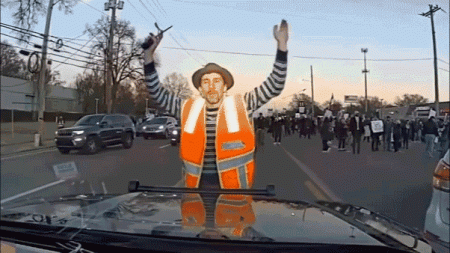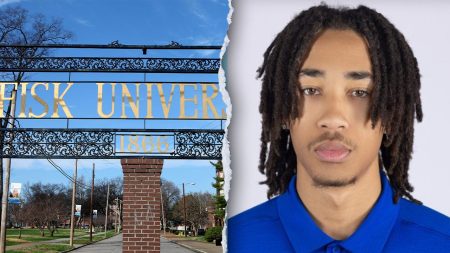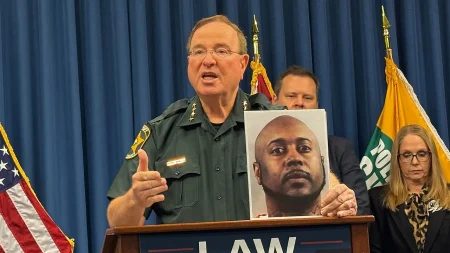West Bank Violence: The Growing Crisis Between Palestinians and Israeli Settlers
Rising Tensions Expose Deep Wounds in a Fractured Land
In the rolling hills of the West Bank, beneath olive trees that have witnessed generations of conflict, Palestinian farmers prepare for another uncertain harvest. Sixty-three-year-old Ibrahim Mahmoud surveys his orchard near Nablus with apprehension rather than anticipation. Three times in the past month, he says, masked men from a neighboring settlement have entered his land, destroying saplings and intimidating his family. “This is not about security,” Mahmoud says, his weathered hands gesturing toward the settlement visible on a nearby hilltop. “This is about making our lives impossible.”
His experience represents what many Palestinians describe as a systematic campaign of harassment designed to force them from their ancestral homes. The violence, which has escalated dramatically over the past two years, has transformed daily life in many West Bank communities. International human rights organizations have documented hundreds of incidents: olive groves burned, water wells contaminated, homes vandalized, and increasingly, physical assaults. What particularly alarms Palestinian advocates and international observers is what they characterize as institutional tolerance for these actions. “When settlers attack Palestinian villages, the military often stands by, intervening only when Palestinians defend themselves,” says Yael Berda, an Israeli academic who studies occupation policies at Hebrew University. “This creates a devastating power imbalance that leaves Palestinian communities vulnerable and unprotected.”
The Policy Implications Behind the Violence
The settler violence exists within a complex political context that has evolved over decades. Since Israel captured the West Bank in 1967, successive governments have approached settlement policy differently, but the current coalition government includes far-right members who openly advocate for expanded settlement activity and even annexation of West Bank territories. Minister of National Security Itamar Ben-Gvir, himself a settler, has called for looser rules of engagement against Palestinians and greater support for settlement expansion. Critics point to statements from cabinet officials praising “hilltop youth” – radical settler activists – as evidence of tacit government support for intimidation tactics.
Palestinian Authority spokesperson Hassan Mahmoud points to these connections as evidence of coordinated strategy rather than isolated incidents. “When government ministers visit outposts established illegally even under Israeli law, when they allocate resources to settlements while denying building permits to Palestinians, the message becomes clear,” he explains during an interview in Ramallah. “The harassment is not separate from official policy – it is an extension of it.” Israeli government spokespeople reject this characterization, maintaining that violence from extremist settlers is investigated and prosecuted. However, Israeli human rights group B’Tselem reports that over 90% of investigations into settler violence against Palestinians are closed without indictments, creating what they describe as “a climate of impunity.”
Life Under Pressure: The Human Cost of Displacement Efforts
The psychological toll on Palestinian communities extends beyond the physical damage. In the village of Burin, surrounded by settlements on three sides, residents describe living in a state of perpetual anxiety. “My children no longer play outside freely,” says Fatima Najjar, a mother of four. “They have nightmares after the last time settlers came with dogs and torches.” Local school attendance has dropped, economic activity has declined, and community gatherings – once the lifeblood of village society – have become less frequent as families retreat into their homes for safety.
The pressure extends to resources fundamental to agricultural life. Water access, already strained throughout the West Bank, has become another point of contention. Palestinians in multiple districts report sabotage of cisterns and prevention of access to natural springs that have historically been communal resources. Agricultural experts warn that the combination of restricted water access and limitations on movement is creating unsustainable conditions for farming communities that have cultivated this land for centuries. “This isn’t simply about harassment – it’s about making traditional Palestinian livelihoods untenable,” explains Dr. Samira Shami of Birzeit University’s agricultural development program. “When farming becomes impossible, people eventually have no choice but to leave.”
International Response and Legal Frameworks
The international community has increasingly voiced concern about settler violence, with UN reports characterizing some incidents as potential war crimes. European Union representatives have called for greater protection for Palestinian communities, while even the United States – Israel’s strongest ally – has issued statements condemning extremist settler activity. In December, the State Department announced visa restrictions on individuals involved in undermining peace, security, or stability in the West Bank, including through acts of violence or restricting civilian access to essential services.
Legal experts point to Israel’s obligations under international law as an occupying power. “The Fourth Geneva Convention explicitly prohibits the occupying power from transferring parts of its civilian population into occupied territory and mandates protection for the occupied population,” explains Omar Shakir, Israel and Palestine Director at Human Rights Watch. “The failure to provide such protection and the active support for settlement expansion represent serious violations of international law.” Israeli officials counter that the West Bank’s status is disputed rather than occupied territory, and that security measures are necessary to protect Israeli citizens. This legal disagreement forms the backdrop for a humanitarian crisis that continues to deepen with each passing month.
Paths Forward: Seeking Solutions in a Complex Conflict
Finding resolution to the violence requires acknowledging the competing narratives that drive the conflict. For Israeli settlers, particularly religious nationalists, the West Bank represents Judea and Samaria – the biblical heartland they believe was promised to the Jewish people. Many settlers view their presence as a fulfillment of religious obligation and historical justice after centuries of exile. Security concerns also feature prominently in Israeli discourse, with settlements often portrayed as strategic buffer zones protecting Israel proper from potential attacks.
For Palestinians, however, the West Bank represents approximately 22% of historical Palestine and their last hope for a viable independent state. Each new settlement outpost, each acre of land declared off-limits to Palestinian development, diminishes this possibility. Without addressing these fundamental disagreements and establishing genuine accountability for violence, experts fear the situation will continue deteriorating. “What we’re witnessing isn’t sustainable for either society,” says Daniel Seidemann, an Israeli attorney specializing in Jerusalem geopolitics. “The occupation corrupts both the occupied and the occupier, creating moral injuries that will take generations to heal.” As international attention shifts between cycles of acute crisis, the slow-motion displacement of Palestinian communities continues – a process that, if left unchecked, threatens to permanently alter the demographic landscape of the West Bank and with it, the prospects for a peaceful two-state solution that both peoples could embrace.









